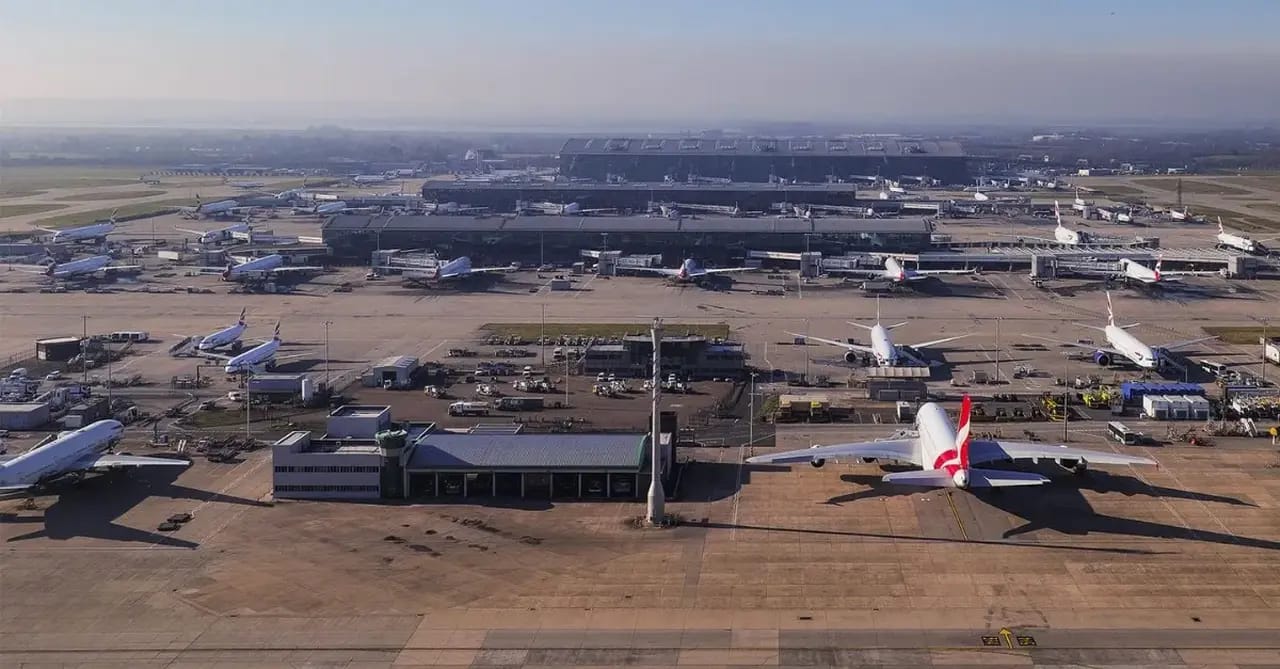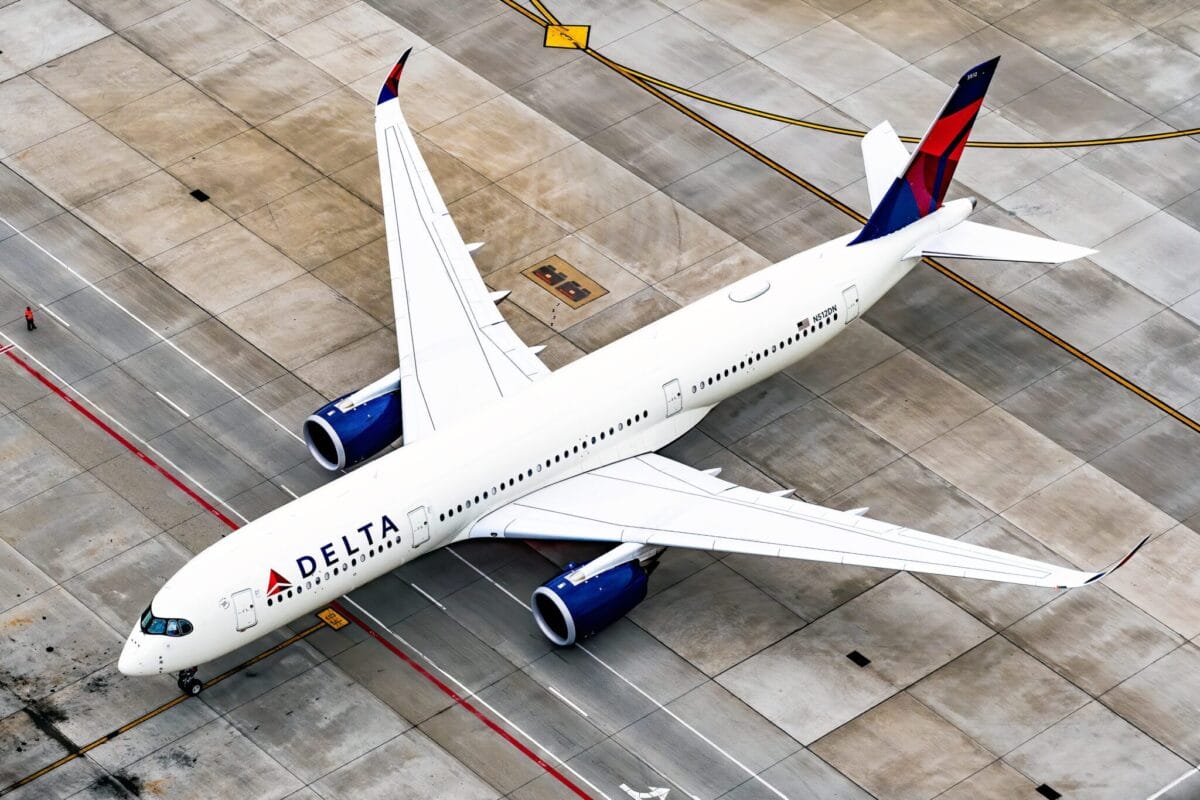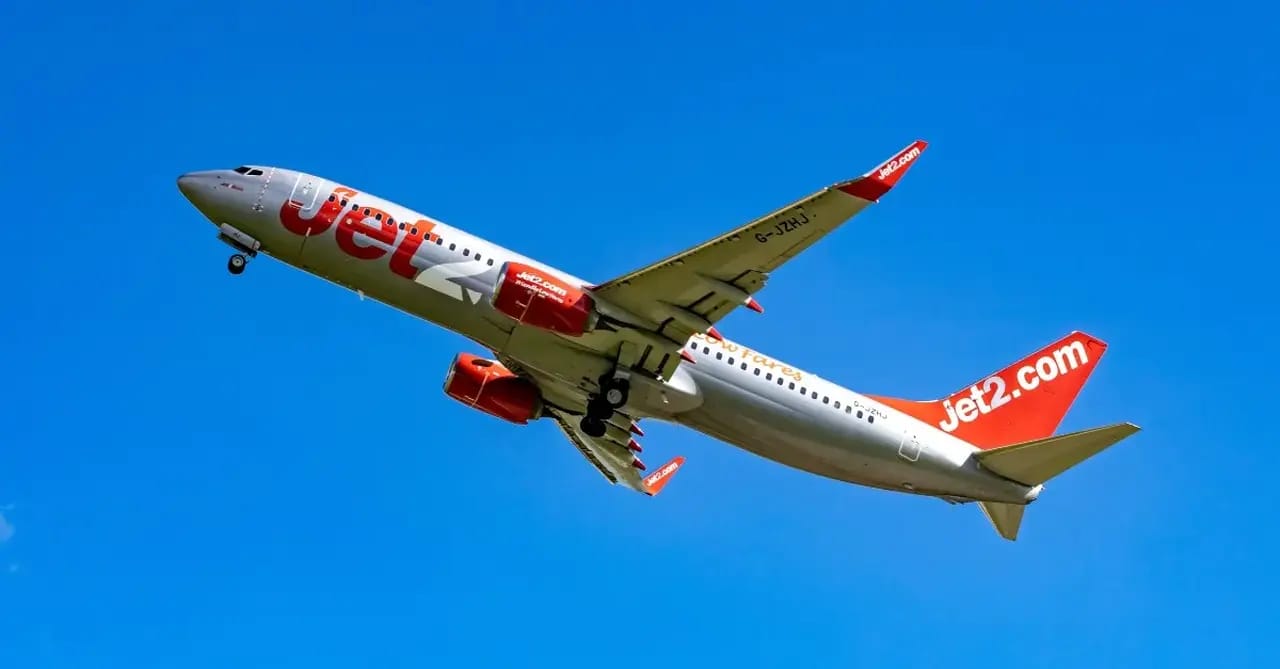- Seamless Journeys
- Posts
- Seamless Journeys | 📊 Why 80% of Hotel Payments Still Rely on Employee Intervention (And How to Transform It)
Seamless Journeys | 📊 Why 80% of Hotel Payments Still Rely on Employee Intervention (And How to Transform It)
Plus: Late bookings fuel Jet2’s 12% profit surge
Welcome to Seamless Journeys, your go-to resource for finance professionals in the travel industry. Each week, we deliver insights on optimizing travel payments, enhancing efficiency, and navigating finance innovations. From regulatory updates to working capital strategies, we help you streamline transactions and drive financial success in the travel sector.
📣 Editor’s Pick
Managing payments across suppliers, bookings, and currencies doesn’t have to be a bottleneck.
With Modulr, travel operators are upgrading their workflows to:
Automate supplier payments 24/7/365 - no more manual bottlenecks.
Issue virtual cards for each booking.
Reconcile in real time with built-in reporting – cut admin time and cost.
Expect faster turnaround, fewer errors, and a payments process built for the pace of peak-season.
🌟Sector Spotlight
PAYMENT SYSTEMS
In the rapidly evolving travel industry, AI is a game-changer, but its full potential hinges on robust payment infrastructure. The hospitality sector, traditionally bogged down by manual transactions, finds itself at a crossroads. Conroy (ROH CEO) reveals that a staggering 80% of hotel transactions still demand employee intervention, highlighting a significant area for modernisation. This inefficiency not only hinders the adoption of AI but also burdens staff with operational tasks that could be automated. By investing in solid payment systems, the industry can shift focus from administrative burdens to revenue-generating activities, unlocking AI's transformative power.
ROH exemplifies this with its innovative approach to payment automation. From signing contracts to invoicing, ROH streamlines processes, reducing manual errors and allowing hotel staff to prioritise guest-focused services. Conroy’s vision for ROH is not to replace existing systems but to serve as a seamless underpinning, enabling hotels to integrate and maximise current technologies. With a $9.2 million boost in funding, ROH stands poised to help hotels turn cumbersome payment processes into efficient, AI-enabled operations. This strategy promises not only operational efficiency but also a more enriched guest experience.
INFRASTRUCTURE INVESTMENT PLAN
Heathrow Airport's ambitious £10 billion transformation plan aims to enhance passenger experience and expand capacity by 10 million annually. However, the proposal to increase airline charges by 17% between 2027 and 2031 sparks debate. While Heathrow asserts these charges fall below 2014 levels in real terms, critics argue it's already one of the costliest global airports. The upgrades promise smoother journeys and more facilities, with the airport targeting operational resilience and improved efficiency.
Transparency is key as 99% of bags will travel with passengers, and 80% of flights will leave on time. Despite the lofty goals, scepticism abounds, particularly from airlines like Virgin Atlantic. They challenge Heathrow's claim that the programme delivers value for money, highlighting the airport's monopoly. As the Civil Aviation Authority prepares to review the plan, Heathrow's future hinges on successful execution and balancing costs with tangible improvements.

Travel Weekly
AIRPORT OPERATIONS
Manchester Airport is preparing for its busiest summer ever, following an unprecedented surge in passenger numbers in June. Over three million passengers travelled through the airport last month, marking a significant increase compared to June 2024. With the August bank holiday weekend expected to see a peak of 115,000 travellers on a single day, the airport is busy ensuring everything runs smoothly.
CORPORATE TRAVEL TRENDS
The trend of cutting back on business travel among U.S. firms arises from financial uncertainties and rising tariffs. This careful approach means travel decisions are now scrutinized instead of being automatic, with essential trips like sales calls usually favoured over less critical internal meetings. Whether this is a temporary move or signals a long-term change depends on economic recovery and shifts in travel dynamics. |  Skift |
AVIATION GROWTH
Jet2's recent financial triumph highlights the increasingly noticeable pattern of last-minute holiday bookings. With an impressive 12% surge in pre-tax profits to £593 million, fuelled by record passenger numbers and expanded flight options, Jet2's business model appears to be thriving. This growth is underpinned by a strategic expansion at key airports, elevating customer access, and a robust hedging approach that promises cost certainty. Their fleet, crucially supported by the addition of seven Airbus A321neos, exemplifies their commitment to operational excellence and environmental consciousness.

Travel Weekly

